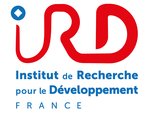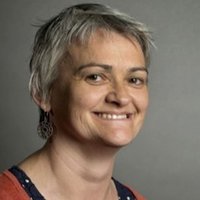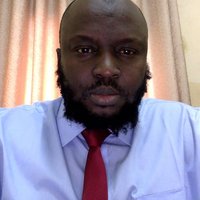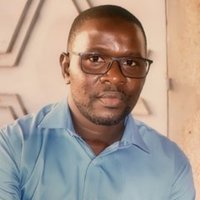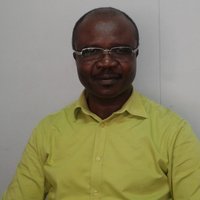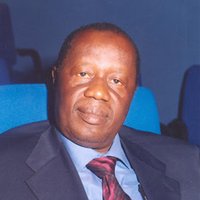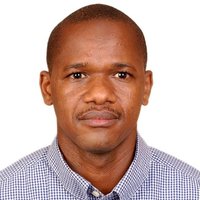Writing and publishing a scientific article - REDACTAR Y PUBLICAR UN ARTíCULO CIENTíFICO
- Duration: 6 weeks
- Effort: 20 hours
- Pace: Self paced
- Languages: English, french and spanish
What you will learn
At the end of this course, you will be able to:
By the end of this course you will be able to:
- read and analyse a scientific article;
- describe the general structure and different sections of a scientific article;
- master the rules for writing the different sections;
- understand the process of evaluation for articles submitted for publication;
- apply the principal ethical rules for scientific writing.
-----------------------------------------------------------------------------------------------------------------------------------------
EN ESTE CURSO APRENDERA...
Al final del curso, los participantes serán capaces de:
- leer y analizar un artículo científico;
- describir la estructura general y las diferentes secciones de un artículo científico;
- dominar las reglas de redacción de las diferentes secciones;
- entender cómo se evalúan los artículos antes de su publicación;
- aplicar las principales normas éticas de la escritura científica.
Description
Writing a scientific article is not an intuitive process. Whatever the discipline, publishing is essential for scientists today to increase the visibility of their work and disseminate new knowledge, but also to establish authorship, obtain funding for their research or further their career.
This is why the MOOC “Writing and Publishing a Scientific Article” explains, step by step, the rules for writing and the different stages of publication in international journals for PhD students and young researchers.
-------------------------------------------------------------------------------------------------------------------------------------
DESCRIPCION
Escribir un artículo científico no es algo intuitivo. Sea cual sea la disciplina, publicar es una obligación para cualquier científico hoy en día. Ya sea para dar visibilidad a su trabajo y difundir nuevos conocimientos, para garantizar la autoría de los resultados, obtener financiación o avanzar en su carrera.
Por eso, el MOOC "Escribir y publicar un artículo científico" descifra paso a paso las reglas de redacción y las diferentes etapas de publicación en revistas internacionales, dirigiéndose a doctorandos y jóvenes investigadores.
Format
The course will be led by the teaching team for six weeks and will then remain open to allow you to continue at your own pace. It will take around 20 hours to complete
Each module is composed of video presentations, course documents and practical sheets, quizzes,exercises to test your knowledge and further reading to learn more. A discussion forum will also allow you to exchange with your peers enrolled on the MOOC.
-----------------------------------------------------------------------------------------------------------------------------------------
FORMATO
El curso estará coordinado durante 6 semanas por el equipo docente y luego permanecerá abierto para que los participantes puedan seguirlo a su propio ritmo. Supone una dedicación de unas 20 horas para el alumno.
Cada módulo se compone de vídeos, documentos teóricos y de apoyo, cuestionarios y ejercicios para poner a prueba los conocimientos, así como lecturas adicionales para profundizar. También hay habilitado un foro de discusión para que los participantes del MOOC puedan conversar.
Prerequisites
This MOOC is for PhD students in the middle or at the end of their studies who aim to publish their first scientific article, as well as researchers from all backgrounds who have already published articles and wish to develop their scientific writing skills, which are essential for promoting research and contributing at international level.
-----------------------------------------------------------------------------------------------------------------------------------------
REQUISITOS PREVIOS
Este MOOC está dirigido a los estudiantes de doctorado en la mitad o al final de su tesis quetienen la intención de publicar por primera vez un artículo científico, así como a los investigadores de todos los ámbitos que ya han publicado artículos y deseen desarrollar sus habilidades de redacción científica, las cuales son esenciales para poner en valor la labor de investigación y evolucionar en un contexto internacional.
Assessment and certification
Self-evaluation
A certificate of completion will be issued to learners who have completed all the training modules and passed all the quizzes.
-----------------------------------------------------------------------------------------------------------------------------------------
EVALUACION Y CERTIFICACION
Autoevaluación
Se entregará un certificado de superación a los alumnos que hayan completado todos los módulos del curso y hayan superado los cuestionarios.
Course plan
• Module 1: Before writing
• Module 2: The "Introduction" to a scientific article
• Module 3: The "Materials and Methods" section
• Module 4: The "Results” section of a scientific article
• Module 5: The "Discussion” and "Conclusion" of the article
• Module 6: Writing the “Abstract” and title and choosing the keywords
• Module 7: Meeting the standards of reviewers and publishers
• Module 8: Evaluating research, introduction to open science
--------------------------------------------------------------------------------------------------------------------------------------------------------------ESTRUCTURA DEL CURSO
• Módulo 0: Introducción
• Módulo 1: Antes de redactar
• Módulo 2: La "Introducción" del artículo
• Módulo 3: La sección "Materiales y métodos"
• Módulo 4: La sección "Resultados"
• Módulo 5: La sección "Discusión" y la "Conclusión" del artículo
• Módulo 6: Redactar el resumen y el título y elegir las palabras clave
• Módulo 7: Responder a las expectativas de los editores y revisores
• Módulo 8: Evaluación de la investigación - Sensibilización para una ciencia abierta
Course team
Emma Rochelle-Newall
Categories
Abdou Beukeu Sow
Categories
Mamadou Lamine Ndiaye
Categories
Bernabé Batchakui
Categories
Bhen Sikina Toguebaye
Categories
Mamadou Diallo
Categories
Partners
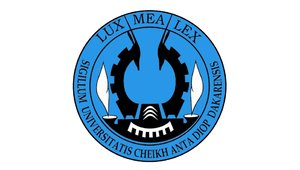
Ecole supérieure polytechnique ESP (Université Cheikh Anta Diop de Dakar)
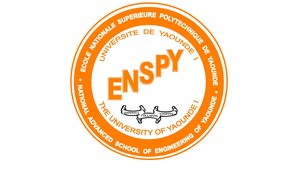
Ecole nationale supérieure polytechnique de Yaoundé (ENSPY) de l'Université de Yaoundé 1
Technical partners
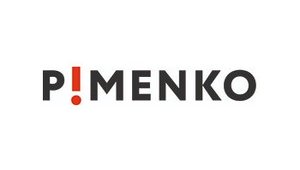
PIMENKO
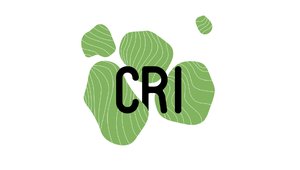
Centre de recherche interdisciplinaire
Financial partners
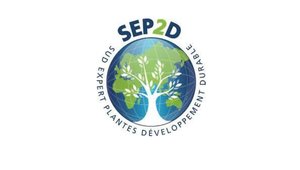
Sud Expert Plantes Développement Durable
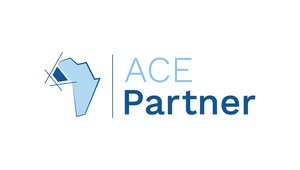
ACE-Partner
License
License for the course content

Attribution-NonCommercial-ShareAlike
You are free to:
- Share — copy and redistribute the material in any medium or format
- Adapt — remix, transform, and build upon the material
Under the following terms:
- Attribution — You must give appropriate credit, provide a link to the license, and indicate if changes were made. You may do so in any reasonable manner, but not in any way that suggests the licensor endorses you or your use.
- NonCommercial — You may not use the material for commercial purposes.
- ShareAlike — If you remix, transform, or build upon the material, you must distribute your contributions under the same license as the original.
License for the content created by course participants

Attribution-NonCommercial-ShareAlike
You are free to:
- Share — copy and redistribute the material in any medium or format
- Adapt — remix, transform, and build upon the material
Under the following terms:
- Attribution — You must give appropriate credit, provide a link to the license, and indicate if changes were made. You may do so in any reasonable manner, but not in any way that suggests the licensor endorses you or your use.
- NonCommercial — You may not use the material for commercial purposes.
- ShareAlike — If you remix, transform, or build upon the material, you must distribute your contributions under the same license as the original.

